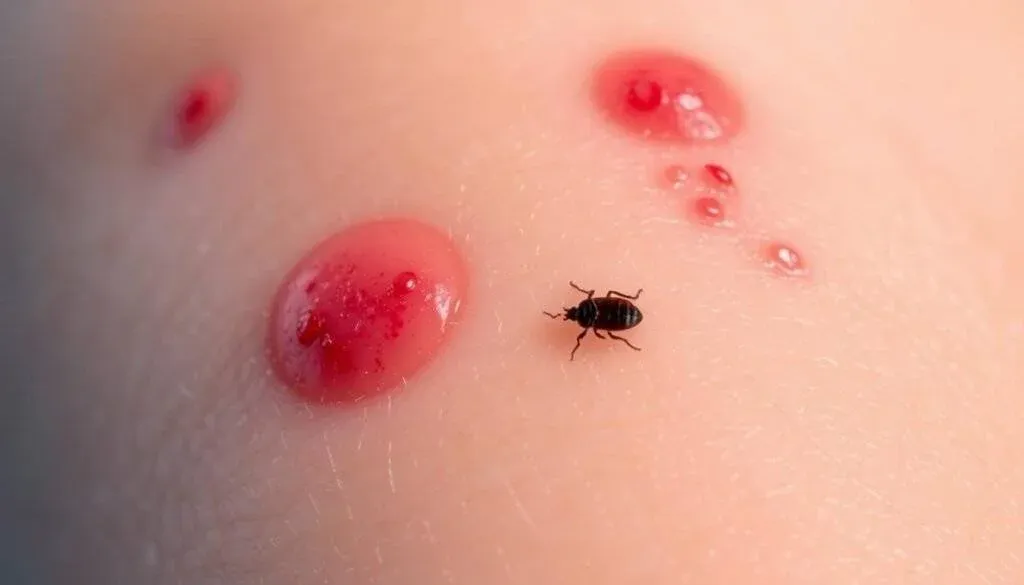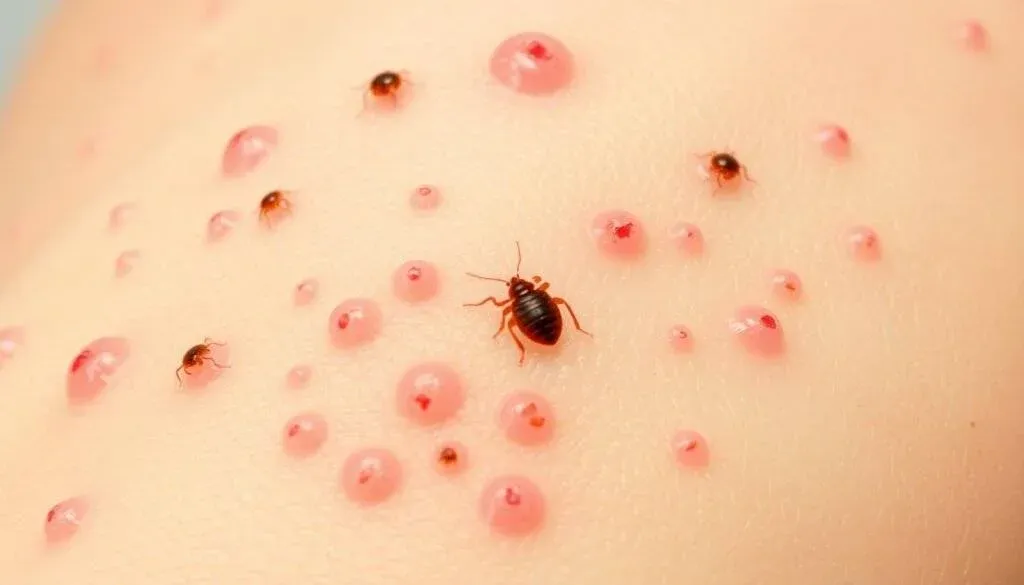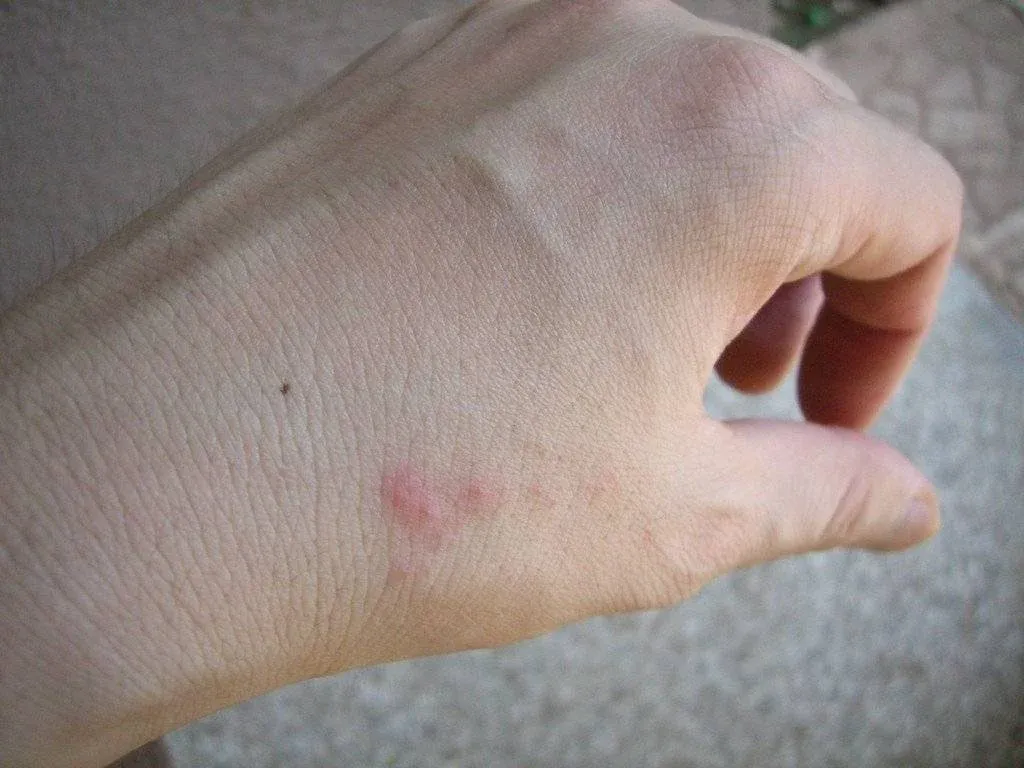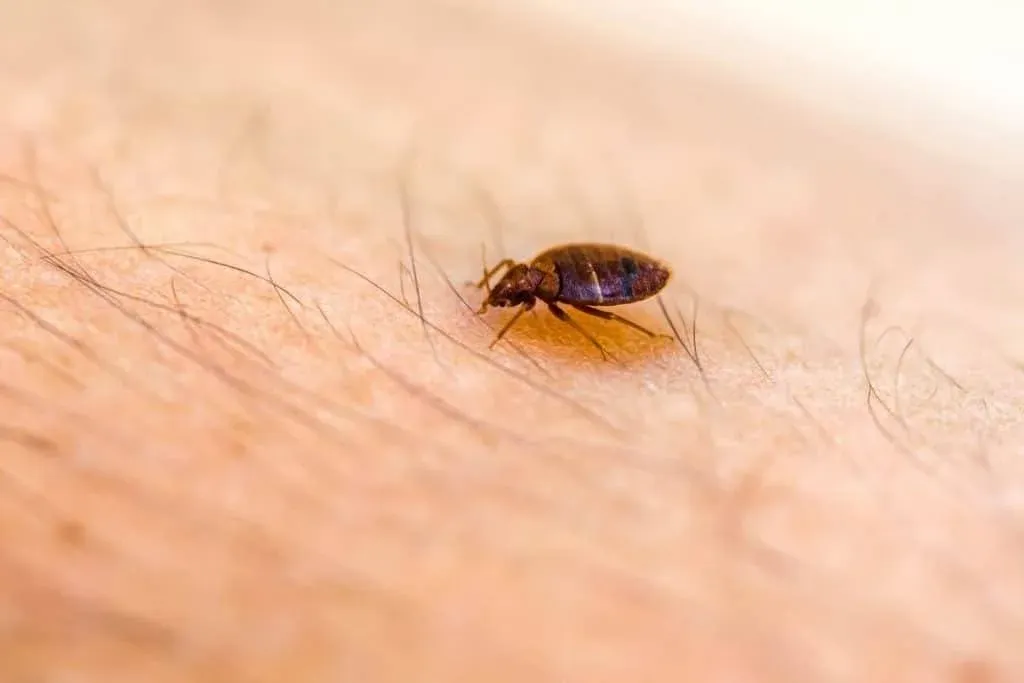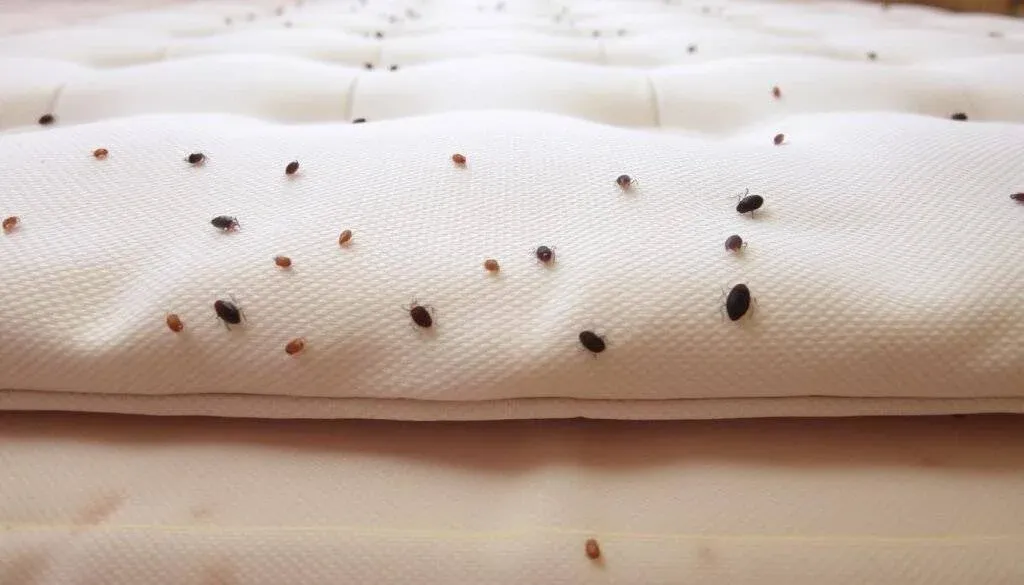| Author | Dr. Alex Thorne |
| Credentials | Board-Certified Entomologist and Clinical Toxicologist |
| Author Bio | Dr. Thorne specializes in venom research and emergency first aid. |
| Medically Reviewed By | Dr. Elara Vance, M.D., F.A.C.E.P. (Board Certified Emergency Medicine) on October 25, 2025. |
| 🔑 Key Takeaways |
| If a bug bite develops into a painful, pus-filled lump or boil (a minor abscess), traditional methods can help safely bring the pus to the surface for drainage. The safest method is applying warm, moist heat (a warm compress). Historically, Magnesium Sulphate Paste (Epsom salt paste) has been used as a “drawing agent” to pull fluid out via osmosis. Never squeeze or attempt to lance (cut open) the infection yourself, as this can rupture the capsule under the skin and spread the infection, potentially leading to cellulitis. |
Safely Encouraging Drainage (Drawing Agents)
These methods work by increasing blood flow to the infected area or using osmosis to draw fluid toward the skin’s surface, preparing the abscess for natural drainage or medical review.
| Method | Application Protocol | Rationale |
| Warm Compress (First Line) | Soak a clean washcloth in warm water (not hot/scalding). Apply to the lump for 10–20 minutes. Repeat 3–4 times daily. | Heat increases circulation, which brings infection-fighting white blood cells to the area and encourages the formation of a “head” or natural rupture. |
| Magnesium Sulphate Paste | Apply a liberal, thick layer of Magnesium Sulphate Paste (Epsom salt paste) directly onto the unbroken lump and cover with a sterile gauze pad. Change 1–2 times daily. | This traditional “drawing ointment” works via osmosis to draw pus and moisture out of the boil. Do not use on open/broken skin. |
| Sitz Bath (If Applicable) | If the infection is on the buttocks or groin, a warm bath can be used to achieve the same effect as a warm compress. | Provides sustained moist heat to a difficult-to-reach area. |
2. Critical Safety Warnings: What NOT to Do
| Action | Why It’s Dangerous |
| Squeezing/Popping | Can push the bacteria deeper into the tissue, potentially leading to Cellulitis (a severe, spreading skin infection) or Sepsis (blood poisoning). |
| Lancing/Cutting | Creates an unnecessary open wound and risks introducing secondary, more dangerous bacteria. |
| Using Harsh Chemicals | Do not apply undiluted rubbing alcohol, bleach, or concentrated essential oils, as these can chemically burn the inflamed skin. |
3. When to Stop Home Care and See a Doctor
While small boils may drain naturally after a few days of warm compresses, any sign that the infection is worsening or spreading requires medical attention and prescription antibiotics.

| Sign of Worsening Infection (Stop Home Care NOW) | Action Required |
| Rapid Swelling/Spreading Redness | The lump’s redness and swelling are rapidly getting bigger (e.g., expanding outside a circle drawn around the original margin). |
| Red Streaks | Red lines are radiating from the lump toward the nearest lymph node (armpit, groin). |
| Systemic Illness | Onset of fever, chills, or nausea. |
| Pain Disproportionate to Size | The pain is severe, deep, or throbbing, indicating pressure from an abscess that needs professional drainage (Incision and Drainage). |
If you are unsure whether your boil is infected or requires drainage, consult your primary care physician or urgent care center. For guidance on abscesses and why you should never drain them yourself, refer to the NHS guidelines on skin abscesses.


